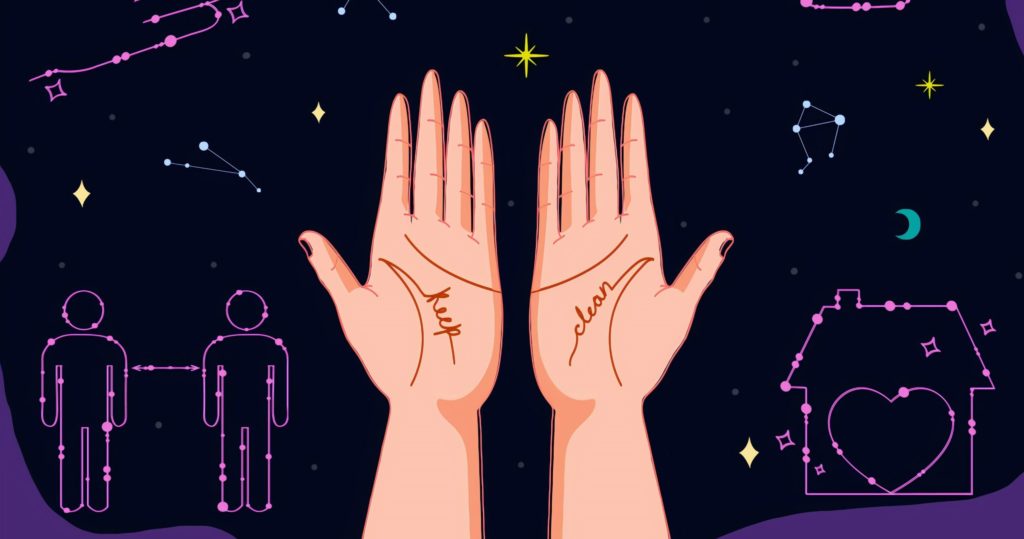Grace London, the church I go to, has been running services online throughout the lockdown, as have many others. Like many churches, we are seeing a surge in online viewing that far exceeds our regular attendance. A recent poll showed that one in four British adults had tuned in to at least one online religious service during lockdown.
Our Salt Course – where people can explore the truth-claims of the Bible – is also flourishing in its online form.
And a researcher in Denmark has found that globally, ‘search intensity for “prayer” doubles for every 80,000 new registered cases of COVID-19.’
It is often said that ‘there are no atheists in foxholes’. Perhaps there are fewer in global pandemics, too. And that’s OK. When our world is shaken and we can no longer rely on the health, wealth and safety we once took for granted, it’s natural to look to something outside of the world for comfort, peace and strength.
But what happens next? What will we do when the infection rate tails off, the restrictions are lifted and life begins to settle into the new normal? For many of us, things will never be the same again. We’ll have lost loved ones, jobs, perhaps even our homes. But for all of us, life will have to go on. What will happen to our newfound interest in ‘God stuff’ then?
Many people will have picked up a Bible for the first time during this pandemic; perhaps you’ve purchased your first one, looking to find out more about the Christian faith, or are thinking about it. Well the Bible tells us that this endless cycle of people turning to God when they are in crisis, then drifting away after he gives them the deliverance they begged him for is nothing new. And it breaks his heart.
You see, the Christian God isn’t just some kind of cosmic comfort-blanket or heavenly help-desk, something you can turn to when things go wrong, but ignore when all is well again. He cares about every part of our lives, and invites us to have a real, life-long, loving relationship with him. He invites us to call him ‘Father’ and to become his children.
This is one of the things that sets Christianity apart from all other faiths. Other deities might be considered powerful, they might require their followers’ devotion and obedience, but only Christianity promises everlasting love.
God offers us the kind of relationship we’ve longed for all our lives, a relationship which delights with us in our joys and mourns with us in our sorrows. He offers to share in our laughter as well as to dry our tears. He loves to hear our thoughts on everything from pizza to politics. He wants to listen to us and speak to us, to laugh and to comfort, to share in the ordinary and the extraordinary.
And he offers this deep, rich, fulfilling love relationship to you.
So when the pandemic has passed, don’t forget the God you turned to in the midst of the crisis. Don’t tuck away your newly purchased Bible with the discarded facemasks and leftover hand sanitiser; keep it out and read it. Explore who the God of the Bible is. Consider joining our Salt course, either online or, when we can gather again, in person. Or drop us a line with your questions about what to do next.
It’s great that you turned to God in the midst of the pandemic, I hope you found the comfort, peace and hope that he freely gives. But there’s much more available to those who choose to become his children, and to make him their God for life, not just for crisis.





